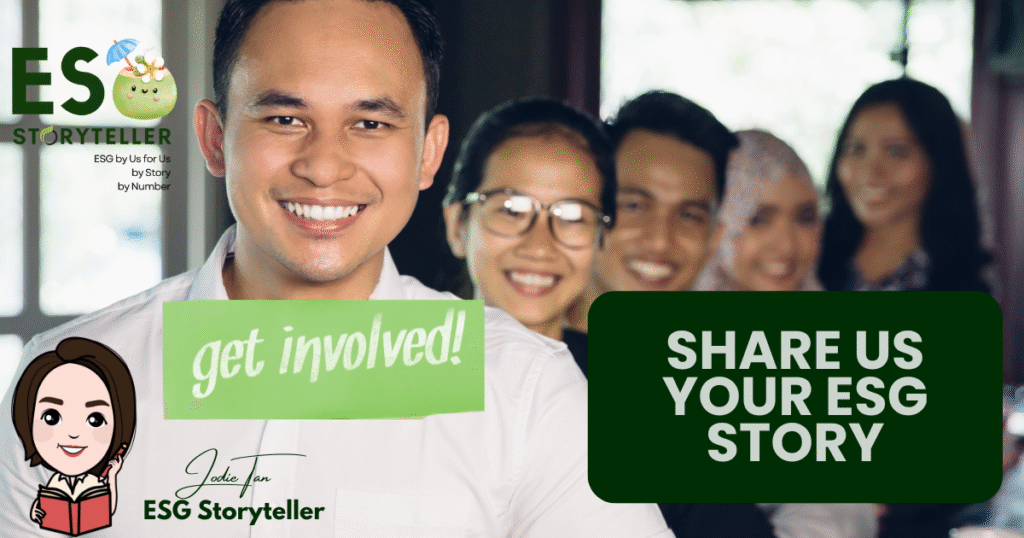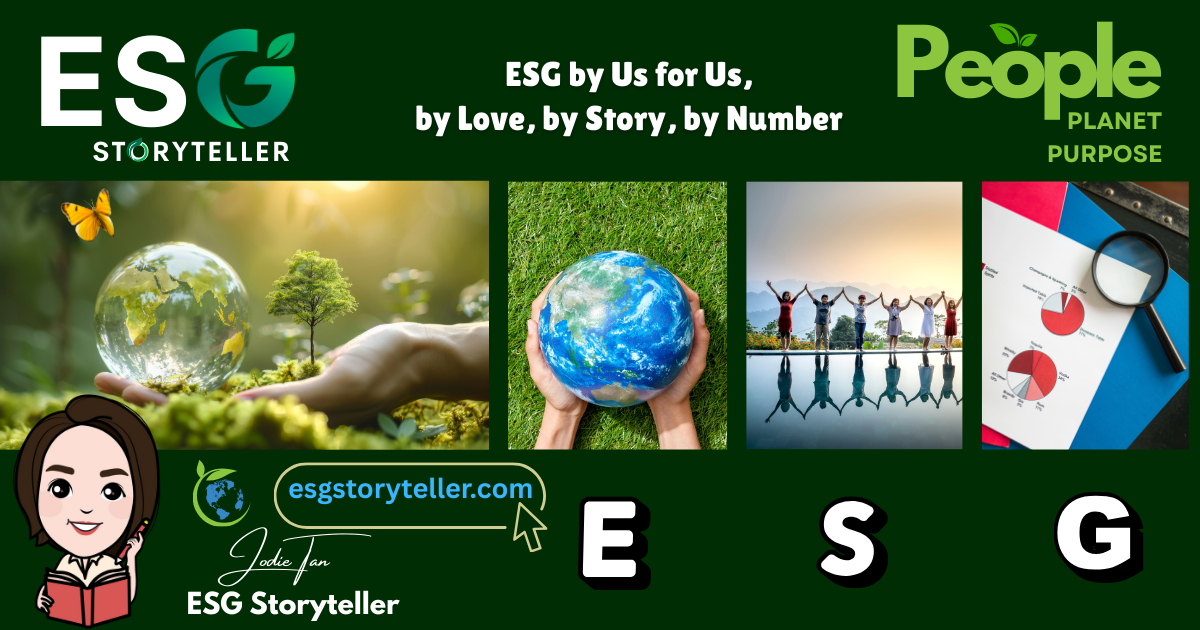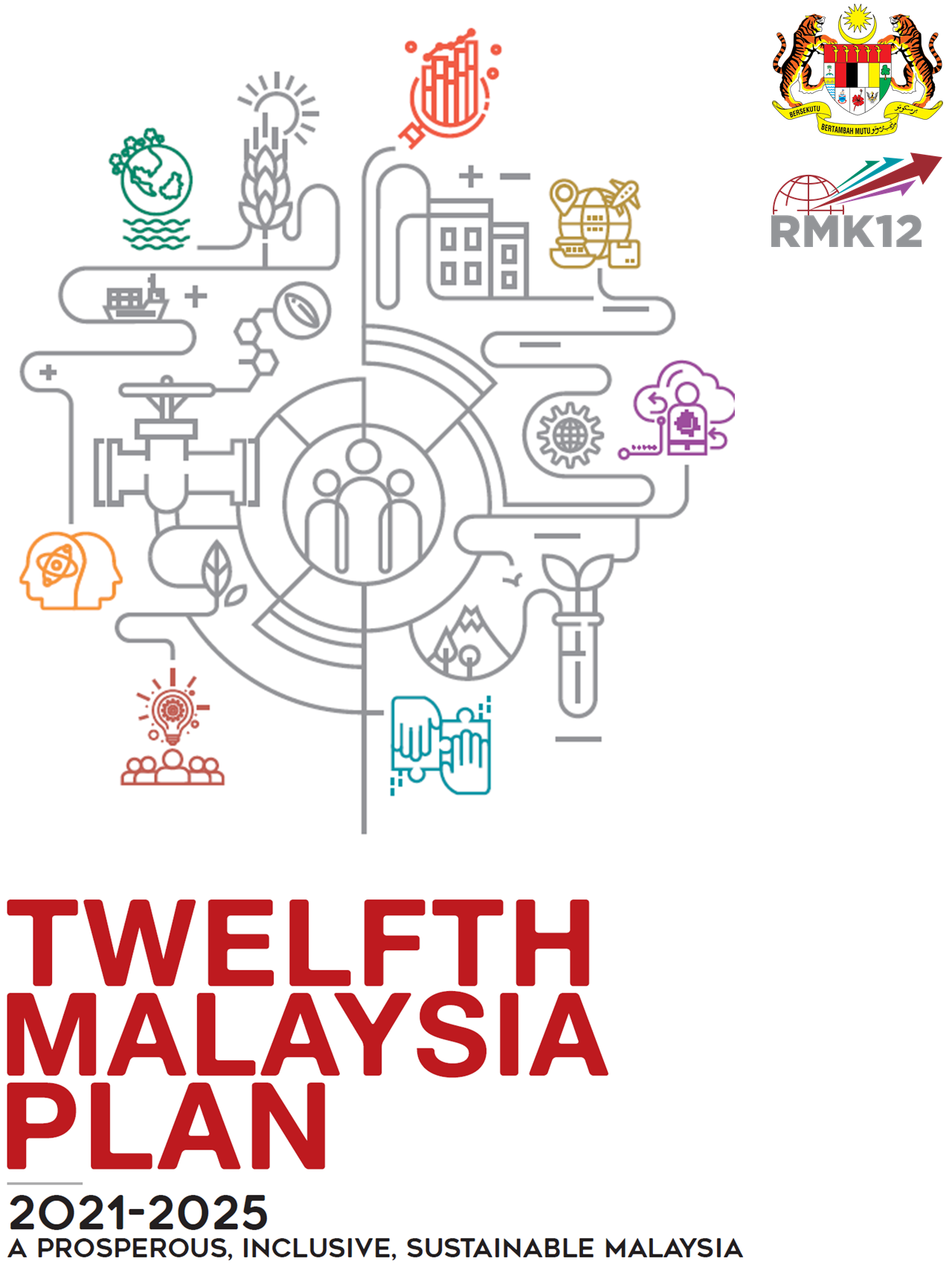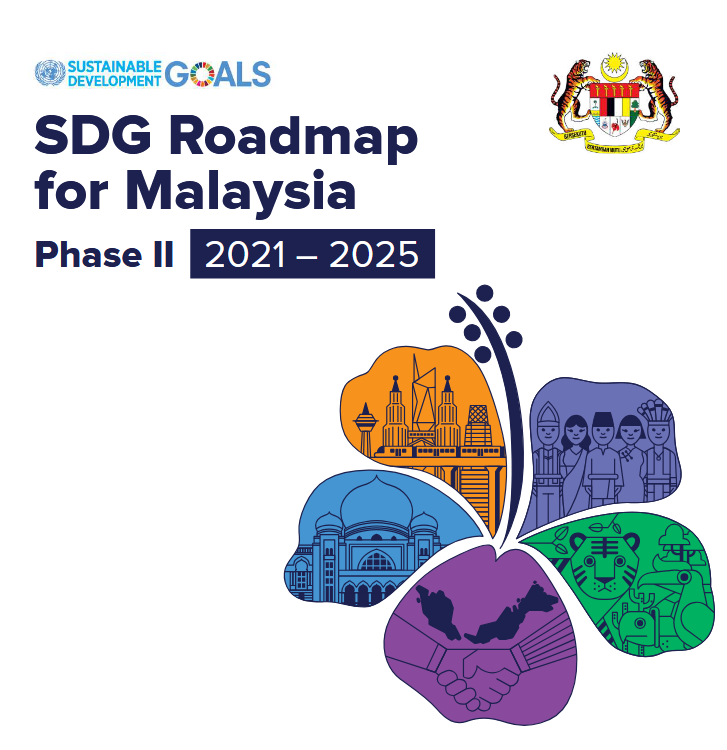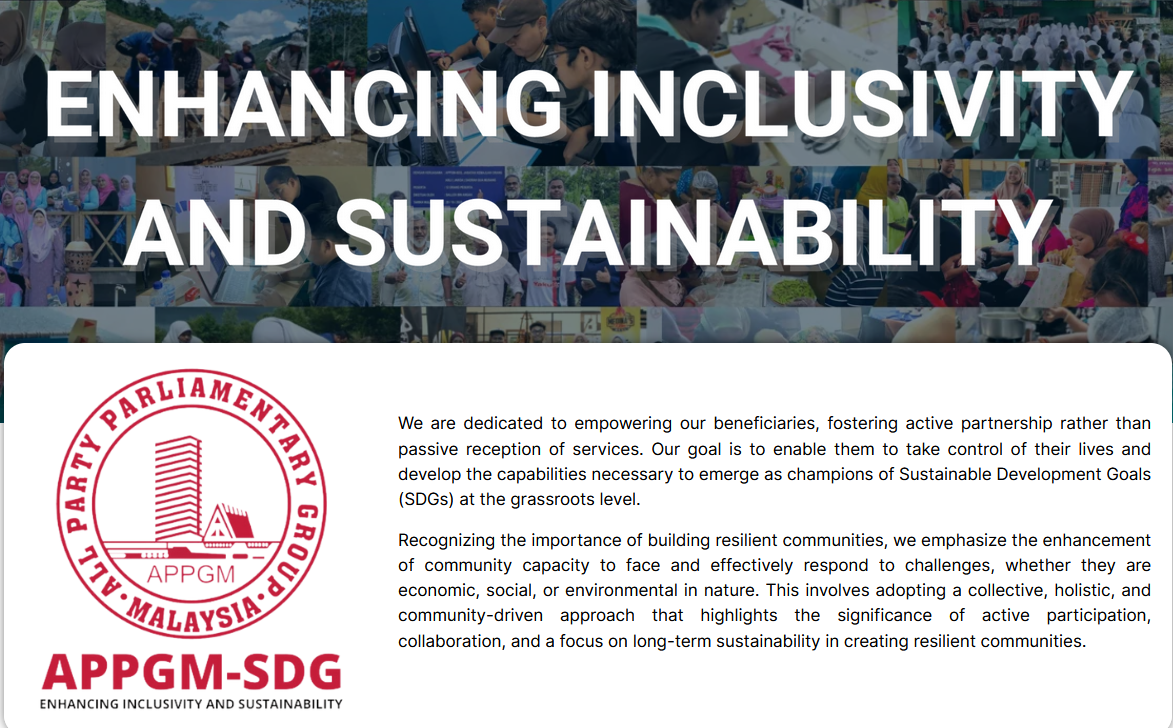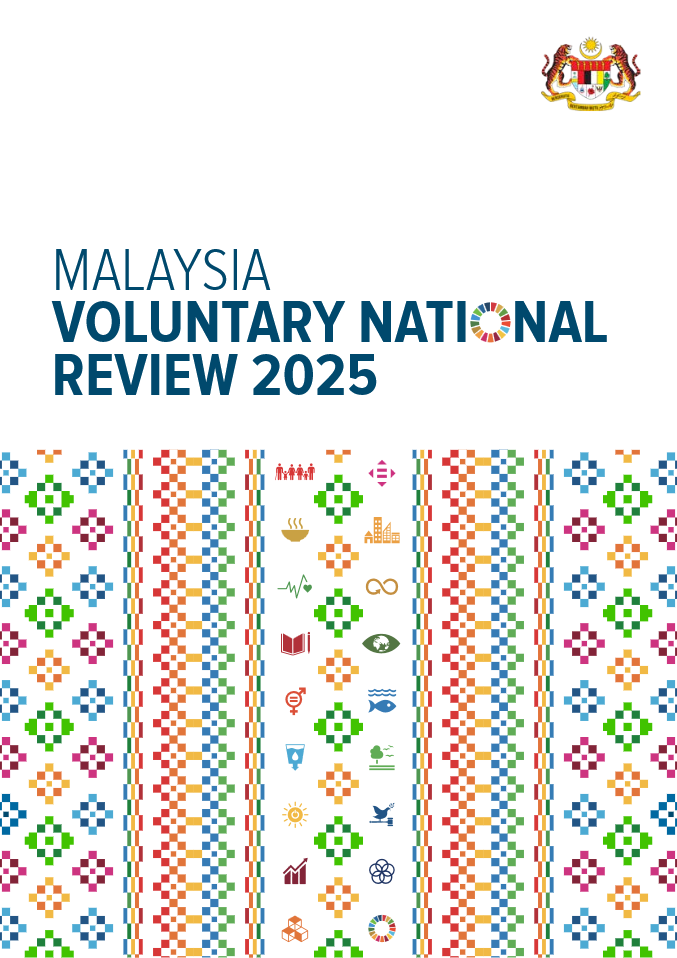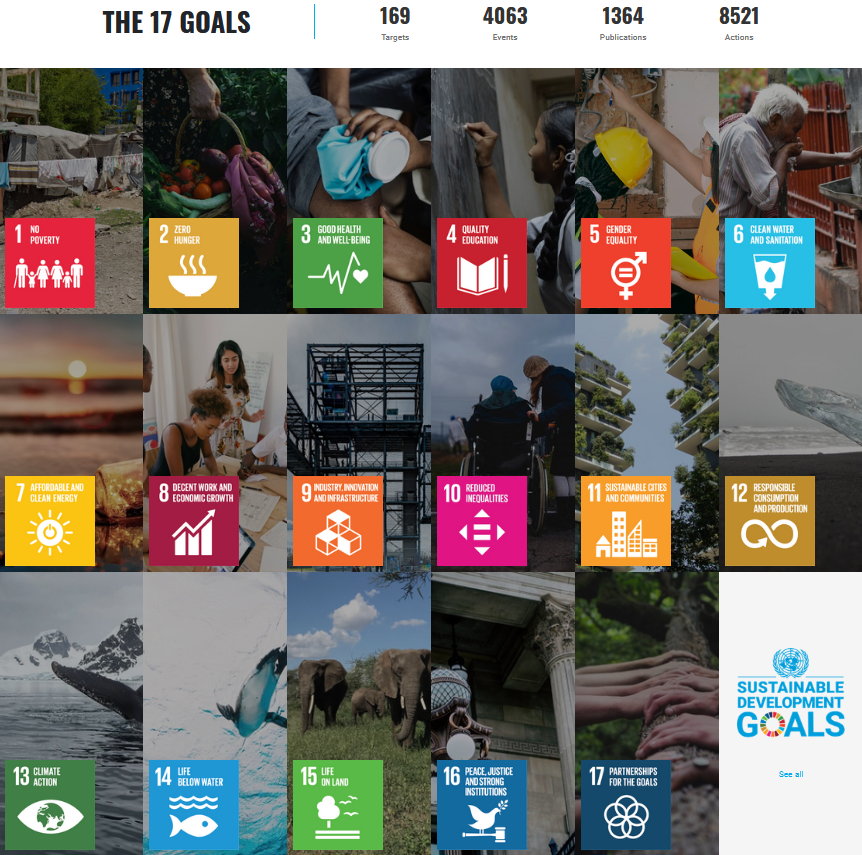WHY ARE SDGs IMPORTANT?
What is
17 SDGs?
The Sustainable Development Goals (SDGs) are considered a universal blueprint for a better world by 2030, guiding global sustainability targets and influencing various sectors including business, finance, and government.
At its core are 17 Sustainable Development Goals (SDGs) and 169 targets, representing a universal call to action to end poverty, protect the planet, and ensure that all people live peaceful and prosperous lives by 2030.
These goals are interconnected and indivisible, meaning progress in one area often supports progress in others, and they require integrated solutions that balance social, economic, and environmental sustainability.
What are the SDG 5 Pillars?
The “SDG 5 pillars” refer to the five interconnected thematic areas of the 2030 Agenda for Sustainable Development, which serve as the foundation for the 17 global Sustainable Development Goals (SDGs). These pillars are: People, Planet, Prosperity, Peace, and Partnership. Malaysia actively institutionalises these SDGs within its national strategic development roadmap, covering economic empowerment, environmental sustainability, and social re-engineering.
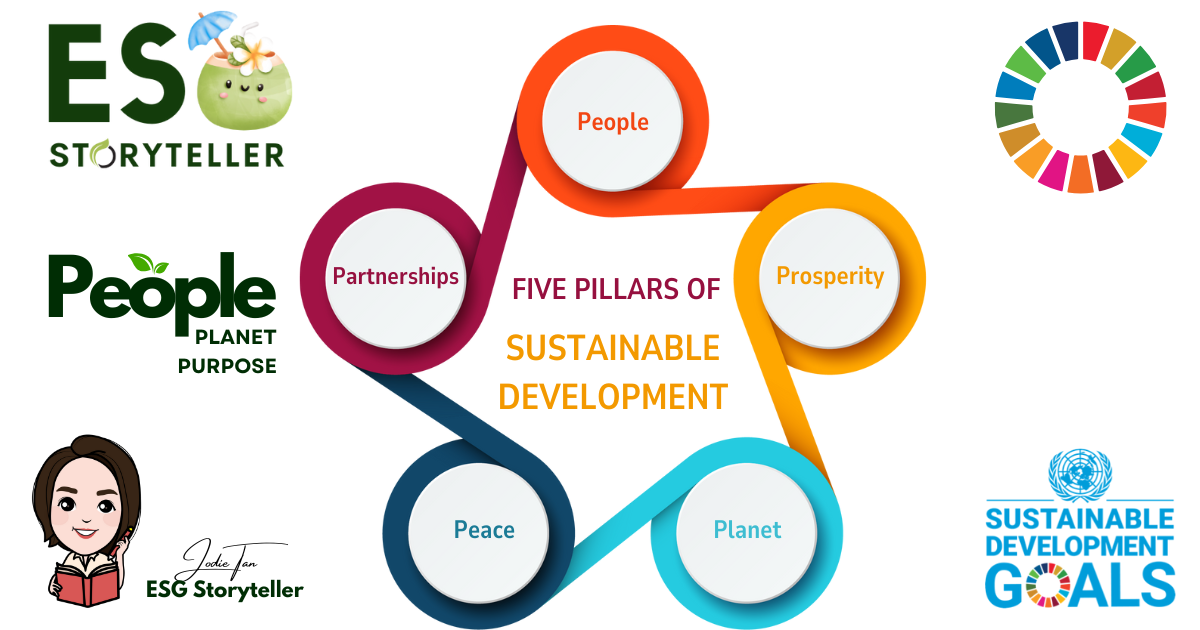
Malaysia SDGs’ Commitment
Malaysia is committed to achieving these goals by 2030, aligning its national development plans, such as the Eleventh, Twelfth, and Thirteenth Malaysia Plans, with the SDGs framework in three five-year phases. The nation has established a comprehensive governance structure, including the National SDGs Council chaired by the Prime Minister, to plan, monitor, and report on SDGs implementation. This structure involves various stakeholders, including government ministries, civil society organisations (CSOs), the private sector, and academia, to ensure a “whole-of-nation” approach.
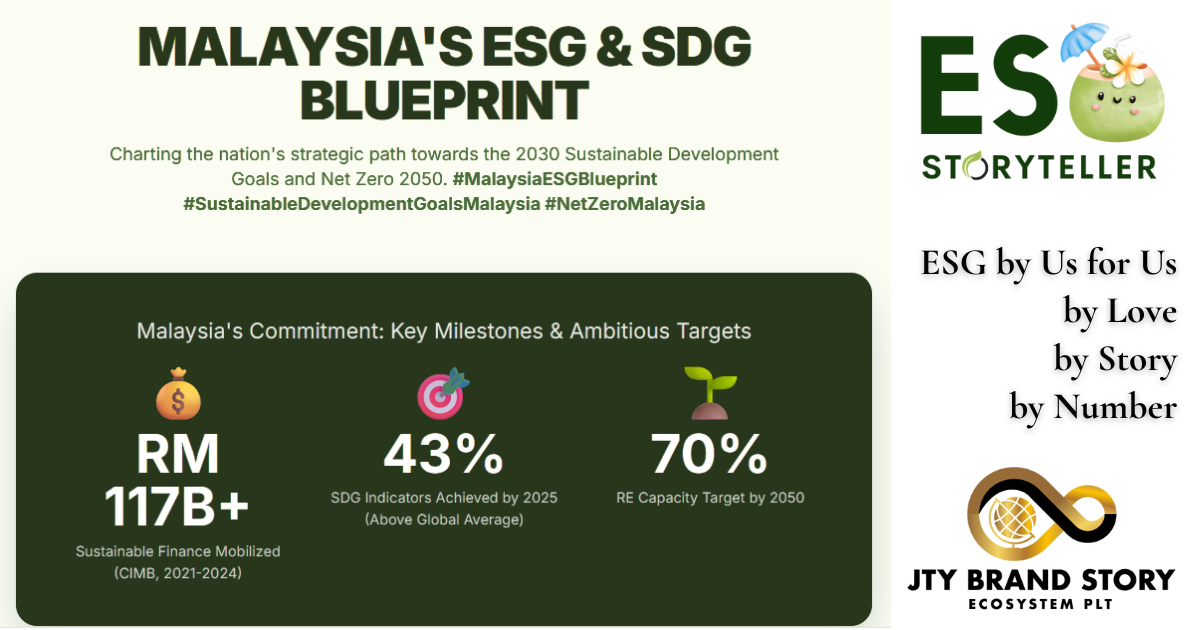
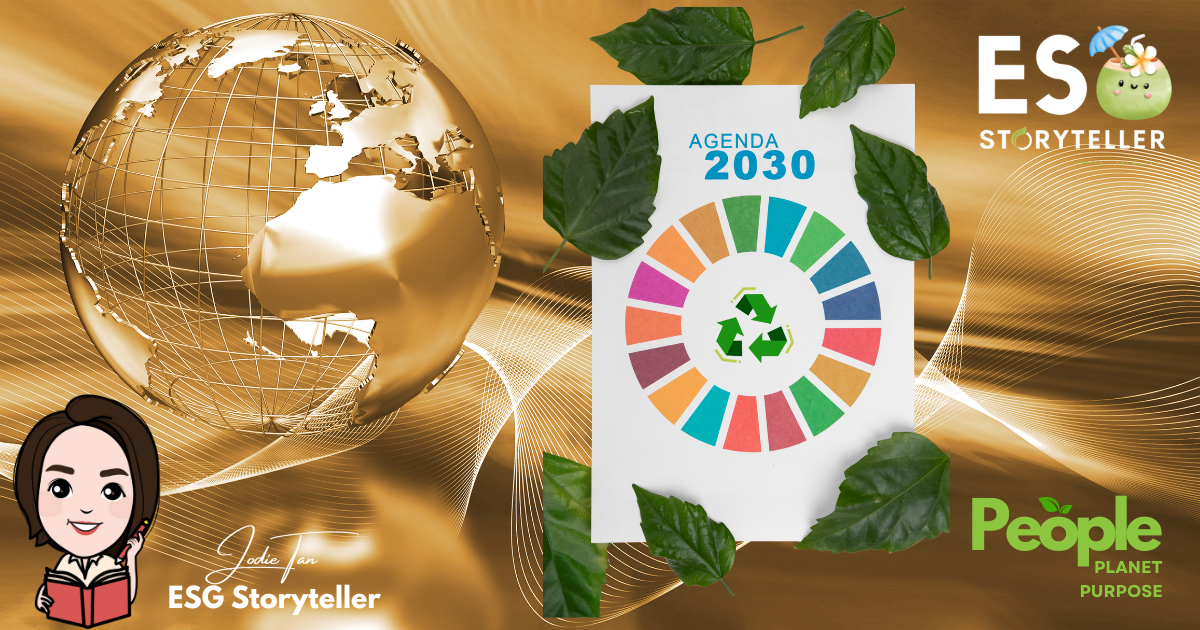
A Prosperous, Inclusive & Sustainable Malaysia
Malaysia, along with 192 other United Nations member countries, adopted the 2030 Agenda for Sustainable Development in September 2015.
This commitment is evident in Malaysia’s phased implementation of the SDGs (2016-2030), directly aligned with its five-year national development plans: the Eleventh Malaysia Plan (2016-2020), the Twelfth Malaysia Plan (2021-2025), and the upcoming Thirteenth Malaysia Plan (2026-2030).
The Twelfth Malaysia Plan (12MP) explicitly aims for a “Prosperous, Inclusive, Sustainable Malaysia,” integrating sustainable economic growth, equitable wealth distribution, and environmental sustainability with the SDGs.
This strategic alignment also supports the Shared Prosperity Vision 2030 (SPV 2030), which commits to sustainable growth with fair distribution across all levels.
As of September 2024, Malaysia has achieved 43% of its 248 SDG indicators, a figure significantly higher than the world average of 17%.
An internal assessment by the UN Resident Coordinator’s Malaysia Office indicates that 64% of Malaysia’s SDG targets are on track.

The “Whole-of-Nation” Approach
Malaysia firmly believes that achieving the SDGs requires a “whole-of-nation” approach, ensuring comprehensive multi-stakeholder involvement and shared responsibility.
This includes collaboration among the National SDG Council (chaired by the Prime Minister), the Ministry of Economy (as the national focal point), various lead ministries for each SDG, the Department of Statistics Malaysia (DOSM) for data, as well as the private sector, civil society organizations (CSOs), academia, and local communities.
Localising SDGs is recognised as a crucial prerequisite, involving greater coordination from federal to state and local levels. Initiatives such as the All-Party Parliamentary Group Malaysia on SDGs (APPGM-SDG) and Voluntary Local Reviews (VLRs) demonstrate this commitment to grassroots engagement.
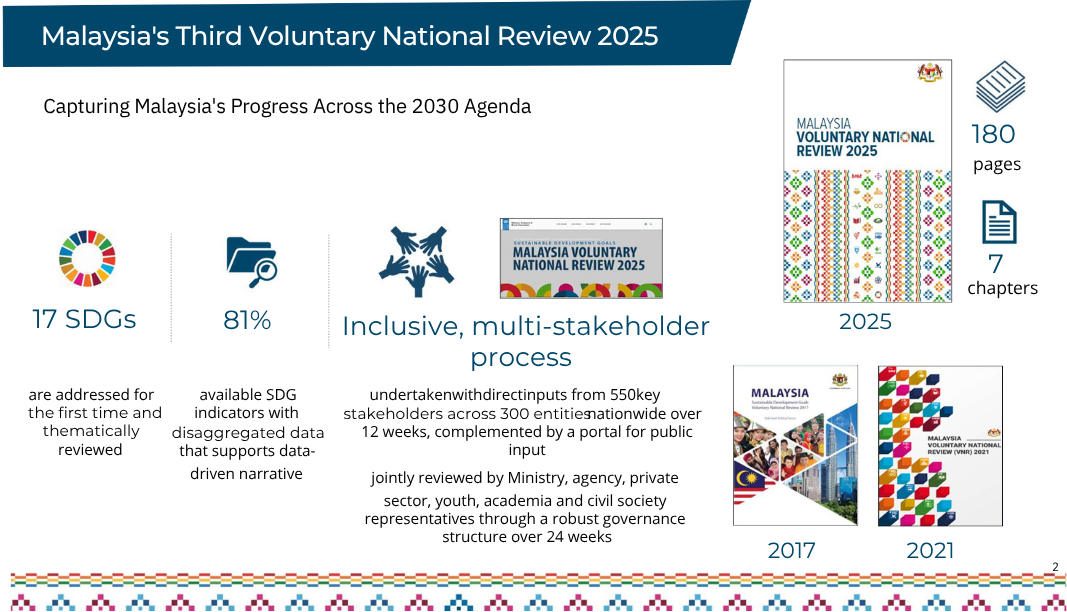
Get Involved
We need your sustainability commitment stories. Share your stories with us today to inspire more organisations to join your journey.
